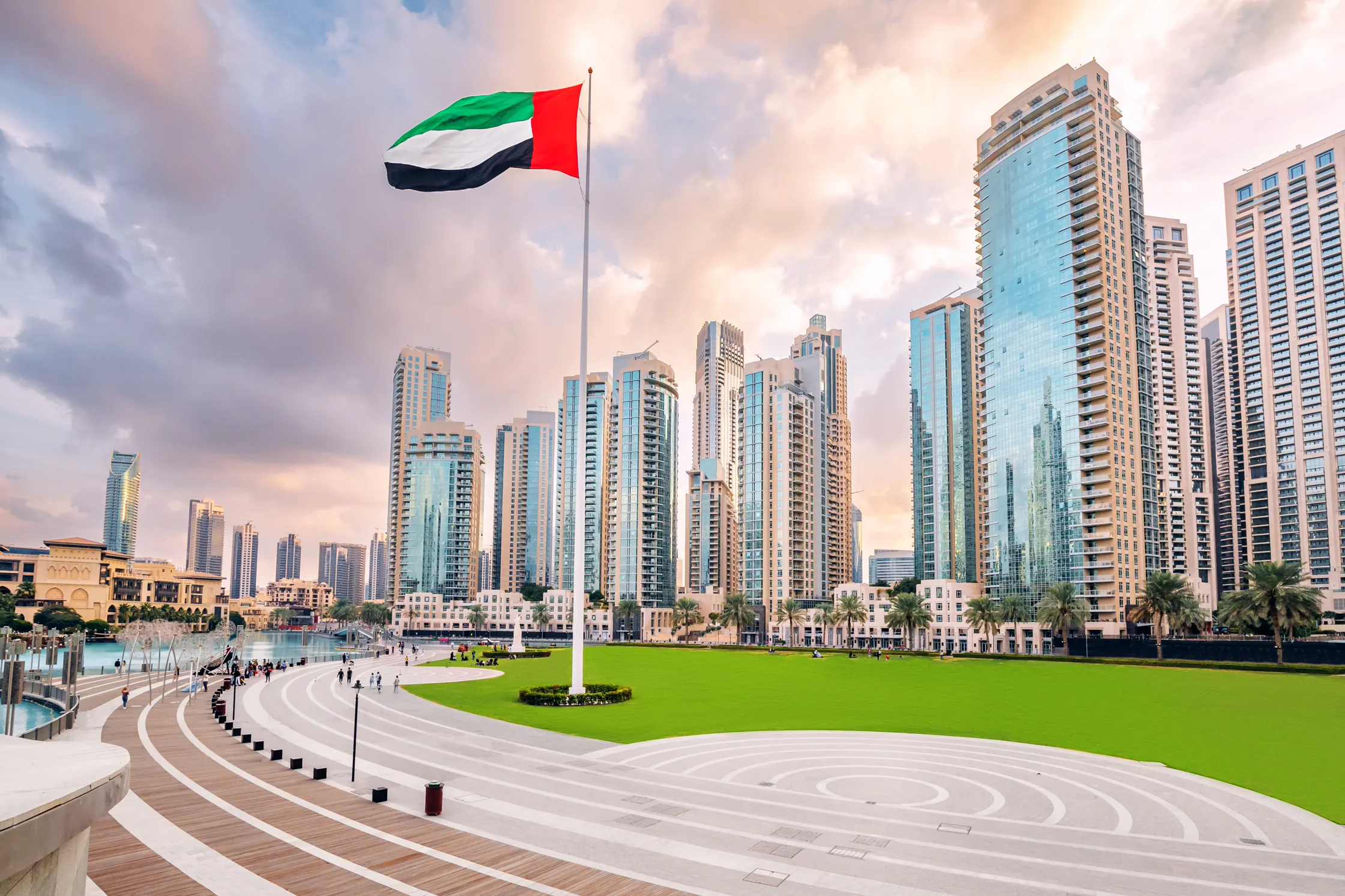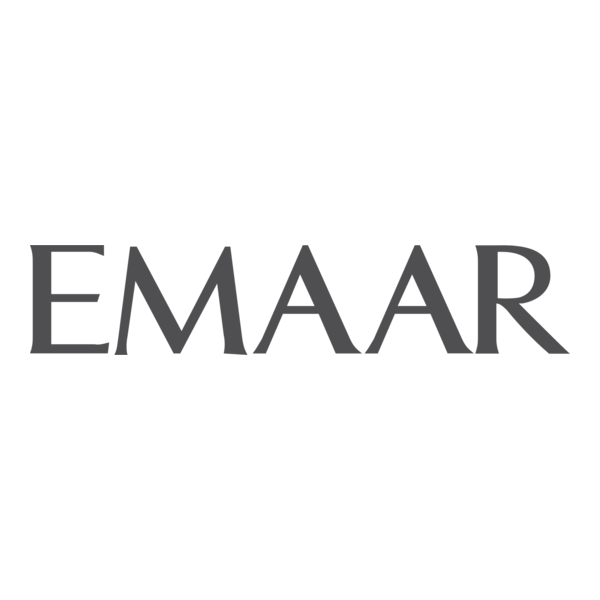Dubai Land Department (DLD) Guide: Freehold & Leasehold in 2025

What is Freehold Ownership in Dubai
Freehold ownership represents the most complete form of property ownership available in Dubai today. It grants the buyer full title to both the structure and the land it occupies. This model was opened to non-UAE nationals in 2002, a landmark decision that transformed Dubai into a global real estate hub for Dubai property investment. Owners of Dubai freehold property enjoy the absolute right to sell, lease, or mortgage their asset without restriction, providing significant flexibility.
Crucially, freehold ownership is perpetual and can be passed down to heirs, securing it as a long-term investment and a valuable family asset for generations to come. This type of ownership is specifically available to foreign nationals in designated "freehold zones" established by the Dubai government. Every transaction is meticulously registered with the Dubai Land Department (DLD), which issues an official title deed in the owner's name, providing robust legal protection and solidifying their ownership rights in 2025.
How Leasehold Ownership Works
Leasehold ownership grants a buyer the right to occupy a property for a fixed, long-term period, but excludes ownership of the land itself. This arrangement functions as a long-term lease, typically extending for up to 99 years, and is granted by the freeholder or landlord. While leaseholders can reside in, rent out, or sell the lease of the property, they do not possess the same absolute control as a freehold owner.
A significant limitation of leasehold is that any major alterations or renovations require explicit permission from the freeholder. Moreover, at the conclusion of the lease term, property ownership reverts to the freeholder, unless a renewal or extension is successfully negotiated. This characteristic can impact a property's long-term value, as it may naturally decrease as the lease term diminishes.
Key Differences for a Property Buyer
When choosing between freehold and leasehold, buyers should carefully weigh the distinctions in rights, financial commitments, and desired control over their property. Both ownership models offer distinct advantages and disadvantages, depending on an investor's specific goals for Dubai property purchase in 2025.
What are the main distinctions in ownership rights
The primary distinction lies in the scope of what you legally own. With a freehold property, you possess the physical building and the underlying land in perpetuity, a right officially registered in your name at the Dubai Land Department (DLD). This registration ensures complete autonomy over your asset. Conversely, a leasehold agreement grants you rights to the property for a pre-determined term, but the land remains the possession of the landlord or developer. Consequently, your rights are time-bound and strictly subject to the specific terms of the lease contract.
How do the financial implications differ
Freehold properties are widely considered more stable long-term investments, offering greater potential for capital appreciation over time. However, leasehold properties frequently feature a lower initial purchase price, positioning them as a more accessible entry point for investors. Buyers should also note that freehold properties entail service and maintenance charges, typically managed by an owners' association. Leasehold properties, conversely, may incur ground rent payable to the landlord, in addition to standard service fees, which should be factored into the overall Dubai property investment cost in 2025.
What level of control do owners have
Freehold owners enjoy extensive freedom to modify, renovate, or even rebuild their property, provided they adhere to both developer and municipal guidelines. Leasehold owners, in contrast, encounter more restrictions; they typically must secure the freeholder's consent for any substantial property changes. This difference in control can also extend to community rules, such as pet policies, which may be dictated by the landlord within a leasehold agreement.
Popular Freehold Areas for Foreign Buyers
The Dubai government, via the Dubai Land Department (DLD), has designated numerous areas where foreign nationals can purchase freehold property. These zones offer a wide variety of lifestyles and property types, catering to diverse budgets and preferences in 2025.
Some of the most sought-after freehold communities include:
- For Apartments: Prime choices for those seeking a vibrant, urban lifestyle with modern amenities include Downtown Dubai apartments, Dubai Marina apartments, Jumeirah Lake Towers (JLT), Business Bay, and Bluewaters Island.
- For Villas: Well-established, family-friendly communities known for spacious homes, green spaces, and recreational facilities include Arabian Ranches, Dubai Hills Estate villas, The Meadows, The Springs, and Jumeirah Park.
- For a Mix of Apartments and Villas: Communities offering a diverse portfolio of properties, from luxury waterfront apartments to sprawling family villas, include Palm Jumeirah villas, Jumeirah Village Circle (JVC), Al Barari, and DAMAC Hills.
Recently, areas such as Al Jaddaf and specific sections of Sheikh Zayed Road have transitioned from leasehold to freehold, indicating a broader trend of expanding freehold zones across the emirate.
What Are the Main Benefits of Choosing Freehold
Opting for a freehold property presents several significant advantages, especially for those intending to establish long-term roots or make a secure investment in Dubai for 2025.
The key benefits include:
- Complete Ownership and Control: You gain full legal ownership of both the property and its land, registered by the Dubai Land Department (DLD). This offers the freedom to sell, lease, or modify the asset as you deem fit.
- Eligibility for Residency Visas: Owning a freehold property can be a direct pathway to securing a renewable Dubai residency visa. Specifically, a property valued at AED 2 million or more makes the owner eligible for a 10-year Golden Visa, which extends to themselves and their family.
- Strong Investment Potential: Freehold properties in Dubai have consistently demonstrated strong capital appreciation. As a permanent asset, they offer long-term security and can be passed on to future generations, making them a robust choice for investment.
When Leasehold Ownership Might Be a Better Option
While freehold is frequently the preferred choice, leasehold properties can offer a compelling alternative in specific circumstances. They may represent a strategic option for buyers with particular financial goals or shorter-term plans for their property acquisition.
A leasehold property could be suitable for:
- Budget-Conscious Buyers: The initial upfront cost to acquire a leasehold property is generally lower than that of a comparable freehold unit. This makes it a more accessible entry point for individuals with a limited budget.
- Diversified Investors: The reduced entry cost enables investors to diversify their real estate portfolio by acquiring multiple properties, rather than allocating all capital into a single freehold asset.
- Lower Maintenance Liability: In numerous leasehold agreements, the primary responsibility for major structural repairs and external maintenance rests with the freeholder. This arrangement significantly reduces the long-term liability for the leaseholder.
Popular leasehold areas in Dubai include Mirdif, Al Barsha, and Umm Suqeim.
Get Your Free Dubai Investment Guide
What's Inside:
- ✓8+1 reasons international investors buy in Dubai
- ✓Market overview – the numbers you must know before investing
- ✓Off-plan vs Ready – what are the advantages?
- ✓Top 6 emerging locations for off-plan investment
- ✓Golden Visa – frequently asked questions answered
Your information is private. We never spam.







